by Dr. M | Jan 3, 2019 | Appointment, Diabetes, Dilation, Exam, Glaucoma, Low Vision, Macula, Mark Moran, Medical Eye Care, Patient Care, Retina
Your annual eye exam offers a look at more than just your vision.
You may have heard that the eyes are the windows to your soul, but did you know that they provide a look at your overall health as well.
Your dilated eye is an open window where blood vessels and nerves can be clearly seen. The view through the open pupil is a unique means of detecting health issues including:
Your eye doctor may be the first to alert you to developing health problems.The American Optometric Society reported that in just one year, over 250,000 patients were diagnosed with diabetes after their optometrists reported concerns. Early diagnosis and treatment are vital for the health and vision of diabetic patients.
Changes or fluctuation in your vision may also be an indicator of a larger health problem. Report blurred vision to your eye doctor, it may be a sign of increased blood sugar levels and the need for medical treatment.
Uncontrolled diabetes can have severe consequences. Loss of vision due to diabetic retinopathy is a primary concern. Diabetes is the leading cause of blindness in people under the age of 74, so a regular schedule of dilated eye exams are important for diabetic patients. If you know someone who is diabetic,or has a family history of the disease, make sure that they are getting the eye care that they need.
Our goal is to keep you healthy!
Dr. Moran and Dr. Tang not only provide excellent vision care, they are essential partners for your general health and well-being. If you are overdue for a vision exam, don’t delay. Call us to schedule your appointment, Monday through Friday from 8 am to 4 pm.
For a video of a dilated eye exam, click here National Eye Institute Dilated Eye Exam
by Dr. M | Dec 27, 2018 | Cataracts, Contact Lenses, Diabetes, Dry Eye, Eye Safety, Eyeglasses, Floaters, Glasses, Glaucoma, LASIK, Low Vision, Macula, Procedure, Retina, Surgery, Vision
A patient asked the other day, “Do you do regular eye exams?”
Of course we do! At Moran Eye Associates we offer Complete Eye Care, which includes Vision, Medical and Surgical services.
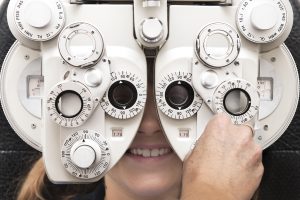
Better 1 or 2?
VISION: We accept VSP & NVA
- Routine Eye Exams
- Contact Lenses: Traditional & Specialty Lenses
MEDICAL: We accept most medical insurancessisipisi.ccsisipisi.ccsisipisi.ccsisipisi.cc
- Diabetic Eye Care: Diabetic Retinopathy
- Glaucoma Care: Medical and Surgical Treatment Options
- Macular Degeneration
- Dry Eye Treatment: Diagnostic Services & Thermal Therapy
- Eye Emergencies
- Infection/Inflammation
- Low Vision Services
SURGICAL: Dr. Moran does surgery at the Surgery Center of Allentown, Sightpath LASIK Center in Bethlehem, as well as some procedures in our Delaware Avenue office.
- Cataracts
- LASIK
- PRK
- Laser Floater Removal
- Glaucoma Eye Surgery
- Foreign Body Removal
- Eye Lid Surgery
Please contact our office if you need an appointment for your eye care. Call or text us at 610-628-2022, or send us an email by filling out the form on the right!
by Dr. M | Aug 4, 2018 | Education, Exam, Eye Protection, Eye Safety, Eyeglasses, Glasses, Low Vision, Macula, Office, Sun Damage, Sunglasses
 Cocoons Fit-Over Eyewear
Cocoons Fit-Over Eyewear

Cocoons Fit Over Your Glasses
Moran Eye Associates now offers Cocoons Eyewear, our doctors’ choice for professional-grade fitover sunglasses. Designed specifically to fit over your prescription glasses, these lightweight sunglasses come in a variety of tints, styles and sizes to fit your vision needs. Stop in our office to see for yourself!
The unique design of Cocoons isolates your eyes from the elements, keeping you free from glare, harmful UV rays, and fluctuating light conditions. These lenses and the frames work together to keep your eyes protected.

Eliminates glare for people with normal vision and low vision.
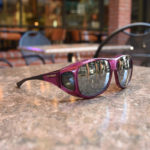
Frames come in multiple colors
These polarized glasses offer UV400 protection, scratch resistant technology, and a one-year warranty. If glare is a problem, polarized lenses provide a significant reduction in glare compared to regular tinted sunglasses. Most sunglasses sold at the store are not polarized unless specifically indicated.
Cocoons are designed to reduce glare and to enhance vision. The specialized color options were developed to target different issues. We recommend that you try on the different lens types to see what works best for you.
- Gray: for natural color definition and general daily use. Reduces light sensitivity while eliminating reflected surface glare.
- Amber: filters scattered blue light to increase contrast and provide improved depth perception in varying lights conditions. Amber is the preferred color for driving.
- Copper: filters scattered blue light and minimizes color distortion to deliver enhanced contrast and color definition
- Yellow: ideal for low light conditions. Maximizes contrast for improved definition and depth perception while eliminating glare. Best in dusk and dawn light, but not the best option for general daily use.
- Blue Mirror: maximizes glare elimination and filters additional blue light for improved contrast while delivering true color definition.
Recommended for Nighttime Driving – Twilight Lenses
Nighttime driving has unique vision issues, due to glare from headlights and reduced available light. Cocoons have developed a special Twilight lens that we recommend. These specialty Twilight lenses help to solve night driving issues because of their anti-reflective coating.
Dr. Moran explains the benefits of the Twilight lenses, “The key to better nighttime vision is anti-reflective coating. Although yellow and amber lenses help with contrast and clarity, they reduce the available light, which can make it hard to see well when you are driving. You have to balance the benefit of increased contrast with the reduction in brightness. Polarized lenses work well in the natural daylight, but don’t help with artificial lights from headlights and streetlights at night. Additionally, polarized lenses cut out 50% of light, which is counterproductive in the dark.”
The Twilight lens system blocks 100% of harmful UV light and 60% or more of harmful High Energy Visible (HEV) blue light while providing 93% overall visible light transmission. The unique filtering properties of these HEV filters effectively reduce scattered blue light and improve contrast without compromising overall light transmission. The lens system is protected by a one-year scratch resistance warranty and includes an anti-reflective coating to minimize glare and halos created by artificial light sources.
Help for patients who have heightened photophobia (light sensitivity).
Low-vision patients may benefit from a different colored tints to give them the best acuity. Sometimes, the tint correlates with specific medical conditions, but most of the time, it is a matter of personal preference. All of these lenses reduce glare and heighten contrast, which is important for low-vision patients. Additional color options include.
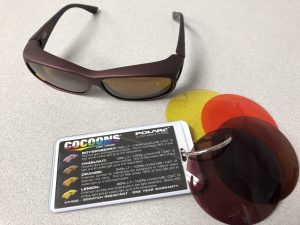
Cocoons Offer Color Options for Best Vision
- Boysenberry (pink): reduces glare and heightens contrast. Blocks 90% of blue light.
- Hazelnut (brown:) reduces glare and heightens contrast. Blocks 98% of blue light.
- Orange: enhances contrast by intensifying the background to improve object definition and clarity. Blocks 100% of blue light.
- Lemon (yellow): enhances contrast and visual acuity in low light conditions. Blocks 40% of blue light.
Whatever your vision needs, we can help you to see your best. We offer the latest technology to help keep your eyes healthy and to protect your vision for years to come.
Call or text us at 610-628-2022 for more information on enhancing your vision. If you’d like to schedule a visit, just click to request an appointment.
by Dr. M | Jul 25, 2018 | Cataracts, Diabetes, Dilation, Exam, Experience, Eyeglasses, Glasses, LASIK, Macula, Mark Moran, Medical Eye Care, Patient Care, Retina
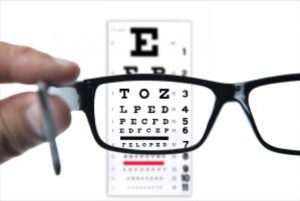
Are you Seeing your Best?
How Vision is Measured
The distance vision of a normal human eye is defined at 20/20. This number illustrates what a person with normal vision can see at twenty feet. Your visual acuity is measured on how it relates to vision at 20 feet.
- If your vision is 20/40, you can see at 20 feet, what a normal eye can see at 40 feet.
- If your vision is 20/100, you can see at 20 feet, what a normal eye can see at 100 feet.
- If your vision is 20/400, you can see at 20 feet, what a normal eye can see at 400 feet.
When you read an eye chart, chances are that person testing you is paying attention to what you say, as well as how you say it. They will know if you are seeing clearly or are struggling and making guesses. It never pays to cheat on your eye test!

Driving requirements
How well do I need to see to drive?
Although each state determines their specific requirements, generally 20/40 vision is needed to pass the driving test. If you need glasses to see 20/40, it will be indicated on your driver’s license. While your distance vision is key to passing the driving test, there are other factors that are considered as well. For complete information on what is required in Pennsylvania, click on the link.
Pennsylvania Drivers Visual Standards
After vision correction surgery, like LASIK or cataract surgery, you may be able to see well enough to have the vision correction restriction removed from your license.
What is legally blind?
If you cannot see any letters below the 20/200 line, even when wearing glasses or contacts, you are considered legally blind. If your vision can be corrected by putting on a pair of glasses, you may have poor vision, but you are not legally blind.
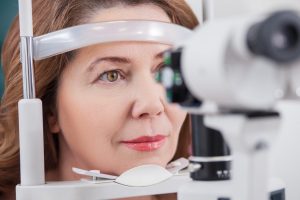
I see 20/20, do I need an eye exam?
Absolutely! Measuring your vision is an important part of your comprehensive exam, but there is so much more that we check at your visit. We will check your pupils, eye pressure and field of vision. We will record your visual history, health history and medications. The doctor will examine the health of your eyes using a slit lamp microscope, checking for eye disease, including glaucoma, macular degeneration, diabetic retinopathy and cataracts.
Early detection of eye disease is your best defense against vision loss. So even if you don’t need a new pair of glasses, make sure to schedule your regular check-up, so you can keep seeing your best!
by Dr. M | Aug 23, 2017 | Cataracts, Exam, Experience, Eye Protection, Eye Safety, Glaucoma, LASIK, Macula, Medical Eye Care, Patient Care, Sun Damage, Surgery, Uncategorized
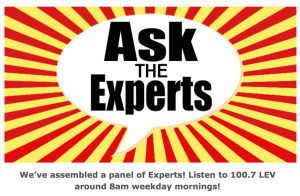
Ask the expert!
 …or as we like to call it, ask our expert, “ASK DR. MORAN”!
…or as we like to call it, ask our expert, “ASK DR. MORAN”!
Dr. Mark Moran will be featured on 100.7 WLEV’s Morning Show with Selena & Crockett each Thursday on 100.7 WLEV. He is the medical expert on the panel of Lehigh Valley professionals.
Dr. Moran was selected to be a part of “Ask the Experts,” a drive-time feature aired between 8-8:15 am weekdays. Dr. Moran will provide medical expertise on the Thursday edition of this program. He will answer questions about keeping your eyes healthy and getting the most from your vision. The Morning Show’s Kevin Crockett will ask Dr. Moran questions sent in by morning show listeners.
Our expert will answer questions about: 
- LASIK Surgery
- Dry Eyes
- Screen Time Solutions
- Your Risk factors for Eye Diseases
- Your Eyes as You Get Older – Cataracts
Patient education has always been a priority at Moran Eye Associates because Dr. Moran knows that an informed patient makes the best healthcare decisions. We invite you to listen in every Thursday for great advice on eye care.
Have a question?
If you have a question for Dr. Moran, you can send a message to the Morning Show, or email us directly with your question. Of course, we will reply to the emails sent to [email protected]. We will also pass along your inquiry to WLEV, where Crockett might read it on the air!
Mark your calendars, and be sure to listen in to Ask the Experts with Dr. Mark Moran Thursdays at 8 am!
by Dr. M | Aug 15, 2017 | Eye Protection, Eye Safety, Macula, Medical Eye Care, Patient Care, Sun Damage, UV Rays
Protect your eyes with complimentary #SolarEclipse glasses, courtesy of Dr. Mark Moran.
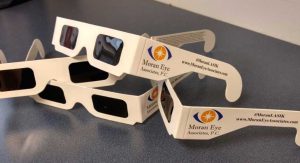
Solar Eclipse Glasses
Stop in at Moran Eye Associates, 1204 Delaware Avenue, Fountain Hill to pick up your pair!* Our office is open 8am-4pm, Monday-Thursday.
Post pictures of yourself in your protective specs with the hashtag #MoranLASIK. We’d love to see photos of you keeping it safe during the eclipse!
For more information on eye safety during the eclipse, click here to read an article written by Dr. Moran “Why you shouldn’t look at a Solar Eclipse”
*Limit 2 per person.
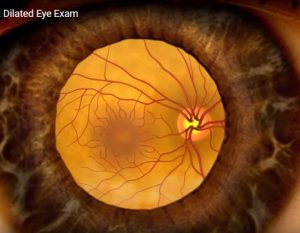
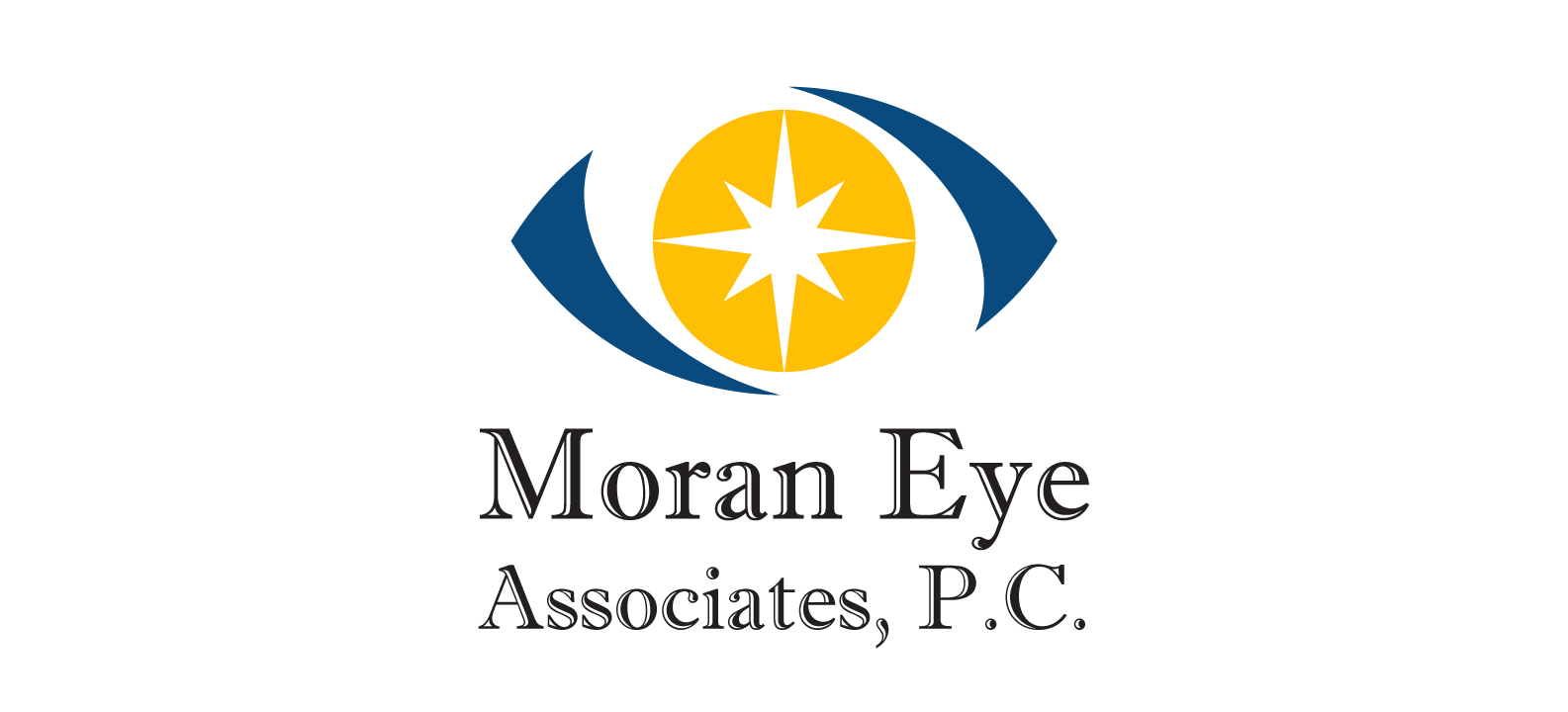











 …or as we like to call it, ask our expert, “ASK DR. MORAN”!
…or as we like to call it, ask our expert, “ASK DR. MORAN”!

